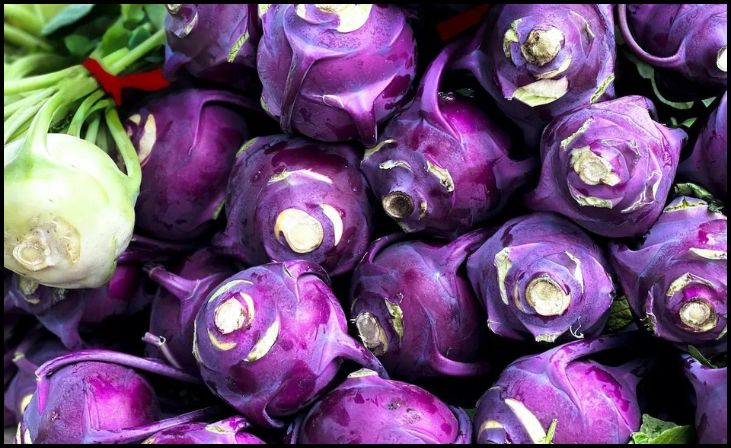When it comes to gardening, companion planting can be a game-changer. By strategically placing certain plants together, you can enhance growth, repel pests, and improve overall yield. However, not all plants make good companions. In fact, some can hinder the growth and health of your beloved tomatoes. Here, we’ll delve into seven companion plants you should steer clear of when growing tomatoes.
1. Corn

While corn may seem like a harmless addition to your garden, it’s not the best companion for tomatoes. Corn requires a significant amount of nitrogen from the soil, which can leave your tomatoes deprived of this essential nutrient. Additionally, corn’s tall stature can overshadow tomato plants, depriving them of much-needed sunlight.
2. Potatoes
Potatoes and tomatoes belong to the same plant family, Solanaceae, making them susceptible to similar diseases and pests. Growing them together increases the risk of transmitting diseases such as blight and nematodes. Moreover, both plants compete for the same nutrients in the soil, leading to stunted growth and reduced yields.
3. Fennel
While fennel may be a flavorful addition to your culinary repertoire, it can spell trouble for your tomatoes. Fennel emits chemicals that inhibit the growth of nearby plants, a phenomenon known as allelopathy. Planting tomatoes near fennel can stunt their growth and adversely affect their flavor.
4. Brassicas (Cabbage, Broccoli, Cauliflower)

Members of the brassica family, including cabbage, broccoli, and cauliflower, can release compounds that attract pests like cabbage worms and aphids. Planting them near tomatoes can increase the risk of pest infestations, leading to damage and reduced harvests. Additionally, both tomatoes and brassicas have high nutrient requirements, leading to competition for soil resources.
5. Walnuts
If you have walnut trees in your garden, beware of planting tomatoes nearby. Walnut trees release juglone, a chemical compound that inhibits the growth of many plants, including tomatoes. Exposure to juglone can lead to stunted growth, yellowing leaves, and ultimately, poor fruit production in tomatoes.
6. Dill
While dill may be a favorite herb among gardeners, it’s not the best companion for tomatoes. Like fennel, dill produces allelopathic compounds that can hinder the growth of nearby plants, including tomatoes. Additionally, dill can attract pests such as tomato hornworms, which can decimate tomato plants if left unchecked.
7. Kohlrabi

Kohlrabi, with its unique taste and texture, may not be the ideal companion for tomatoes. Like other brassicas, kohlrabi can attract pests such as cabbage worms and aphids, increasing the risk of infestations in nearby tomato plants. Furthermore, both tomatoes and kohlrabi have high nutrient requirements, leading to competition for soil nutrients and reduced yields.
Conclusion
While companion planting can offer numerous benefits for your garden, it’s essential to choose companions wisely, especially when it comes to tomatoes. Avoiding plants like corn, potatoes, fennel, brassicas, walnuts, dill, and kohlrabi can help ensure the health and productivity of your tomato plants. By selecting compatible companions and avoiding incompatible ones, you can create a thriving garden full of lush, bountiful tomatoes.






